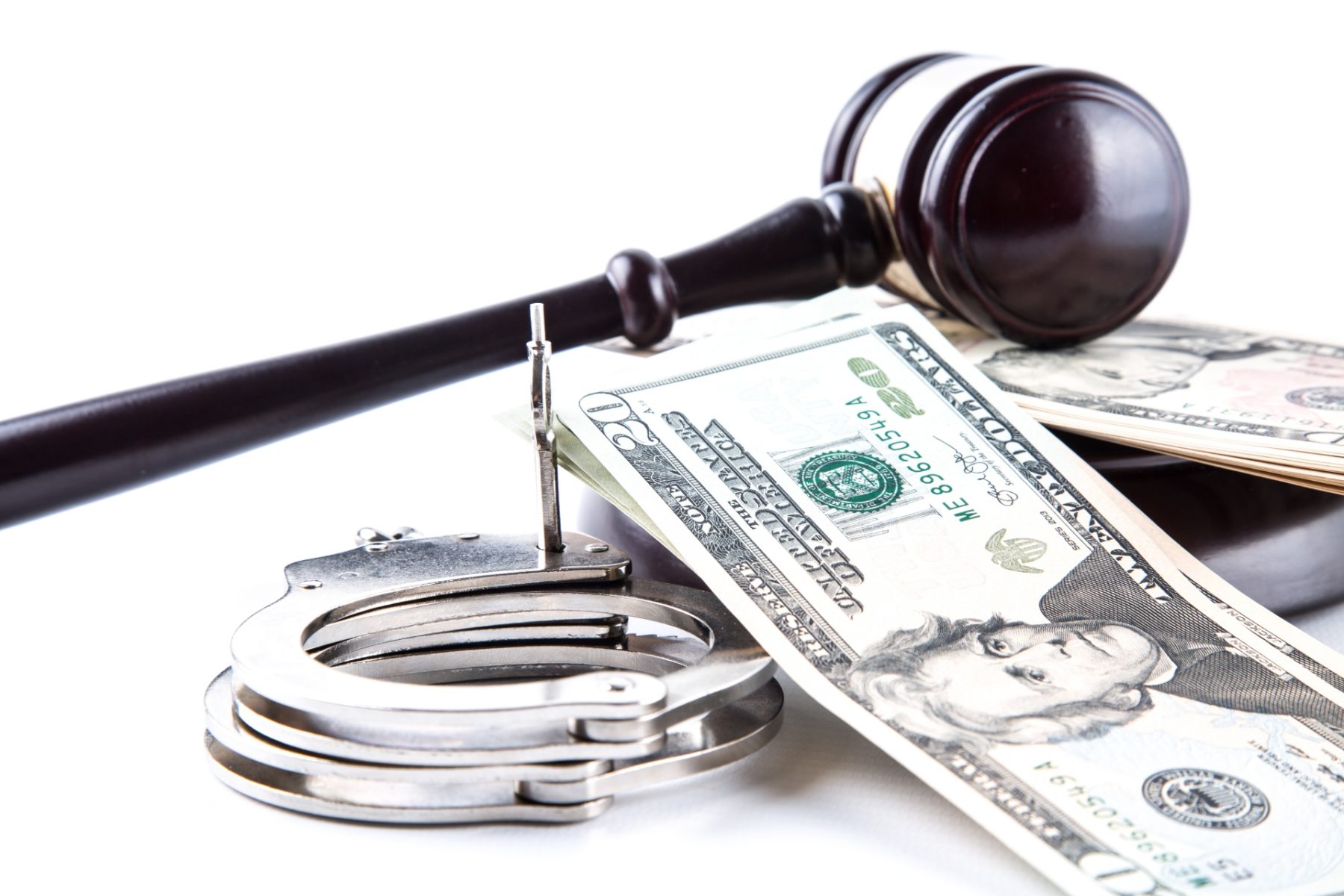Three research studies released this month further confirm the ineffective, discriminatory, and unsafe influence of money bail in U.S. criminal justice systems.
In The Heavy Costs of High Bail: Evidence from Judge Randomization, a Columbia Law and Economics Working Paper by Arpit Gupta, Christopher Hansman, and Ethan Frenchman, describes how assigning money bail to people accused of crime in Philadelphia and Pittsburgh increases the likelihood of conviction by 12% and increases recidivism by 4%. Ultimately, the authors found that the use of money bail is not effective – it “does not seem to increase the probability that a defendant appears at trial,” and actually makes us all less safe.
In her University of Pennsylvania Law School Working Paper, Distortion of Justice: How the Inability to Pay Bail Affects Case Outcomes, Megan Stevenson reports that people arrested for crimes in Philadelphia and detained due to their inability to pay money bail face up to a 30% increase in convictions—driven by increased guilty pleas—and an additional 18 months of incarceration compared to those who are able to afford bail.
Finally, the Prison Policy Initiative (PPI) released an analysis of national data that gives context to the Columbia and University of Pennsylvania papers. In Detaining the Poor: How money bail perpetuates an endless cycle of poverty and jail time, PPI found that “most of the people who are unable to meet bail fall into the poorest third of society.” Their median income – only $15,109 prior to incarceration – was less than half of the income of non-incarcerated people, and yet the median bail amount nationally is almost a full year’s income for the typical person unable to post a bail bond. Money bail, PPI concludes, results in the unnecessary and excessive detention of poor people, essentially jailing people for their poverty.
This research highlights what legislators, practitioners, and taxpayers are increasingly recognizing: money bail doesn’t work, is discriminatory, and makes communities less safe.
Cherise Fanno Burdeen, executive director of the Pretrial Justice Institute released this statement about the research:
“With these recent research findings, there should no longer be any doubt, anywhere, that money bail unfairly punishes the poor while also making everyone less safe. Our 3DaysCount campaign calls for replacing the broken money bail system with commonsense and proven solutions to support people being successful on pretrial release.”
Congressman Ted Lieu, sponsor of the No Money Bail Act of 2016, said the following:
“Our nation must stop criminalizing poverty, and these new studies provide crucial data proving that being poor increases your chance of jail time and conviction. This kind of research is crucial to supporting the No Money Bail Act of 2016, which would eliminate the use of money bail at the federal level and incentivize states to end the use of bail through the withholding of federal grants. We can no longer stand by in good conscience while Americans, presumed innocent, are deprived of their liberty because they can’t afford bail. Justice in America should not be bought and paid for.”
Additionally, judicial leaders across the nation joined together to call attention to these findings.Chief Justice W. Scott Bales, Arizona Supreme Court; Chief Justice Patricia Breckenridge, Missouri Supreme Court; Chief Justice E. James Burke, Wyoming Supreme Court; Chief Justice Tani Cantil-Sakauye California Supreme Court; Justice Charles W. Daniels, New Mexico Supreme Court; Chief Justice Matthew B. Durrant,Utah Supreme Court; Chief Judge Nan G. Nash, Second Judicial District, New Mexico;Chief Justice Mark E. Recktenwald, Supreme Court of Hawaii; and Chief Justice Robert J. Torres, Jr., Supreme Court of Guam issued the following statement:
“People should not be held in jail pending the disposition of charges merely because they are poor and cannot afford bail. Recent research suggests that we can identify better ways to make release decisions that will treat people fairly, protect the public, and ensure court appearances.”
My opinion? This national effort is gratifying. Few people understand how incarceration negatively affects job opportunities, families and ability mental/emotional wellness. In my Legal Guide titled, “Making Bail,” I discuss how one of the greatest services a competent defense attorney can do for their clients is assist in getting them released from jail as soon as possible on either a reduced bail amount which is lower than the Prosecutor’s recommendations or that the defendant be released without bail altogether.
One opportunity to lower/rescind bail is at the defendant’s first appearance or arraignment. Another opportunity exists through a Bail Review Hearing.
Under CrR 3.2, judges must review the nature of the pending criminal charges, a defendant’s prior criminal history, their history of failing to appear at past court hearings, and their ties to the community (property ownership, employment, family, school, etc). Factoring all of this, the judge decides whether to lower bail or release the defendant altogether.
Also, CrR 3.2 allows release of defendants to the care of willing and responsible members of the community, including family members. Also, judges may be persuaded to impose other pretrial release conditions such as mandatory curfews, staying away from businesses serving alcohol. Almost everything is negotiable.
Please contact my office if you, a friend or family member are charged with a crime. Hiring an effective and competent defense attorney is the first and best step toward justice.







